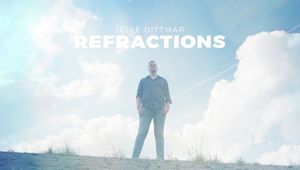
Where Are All the Female Composers?
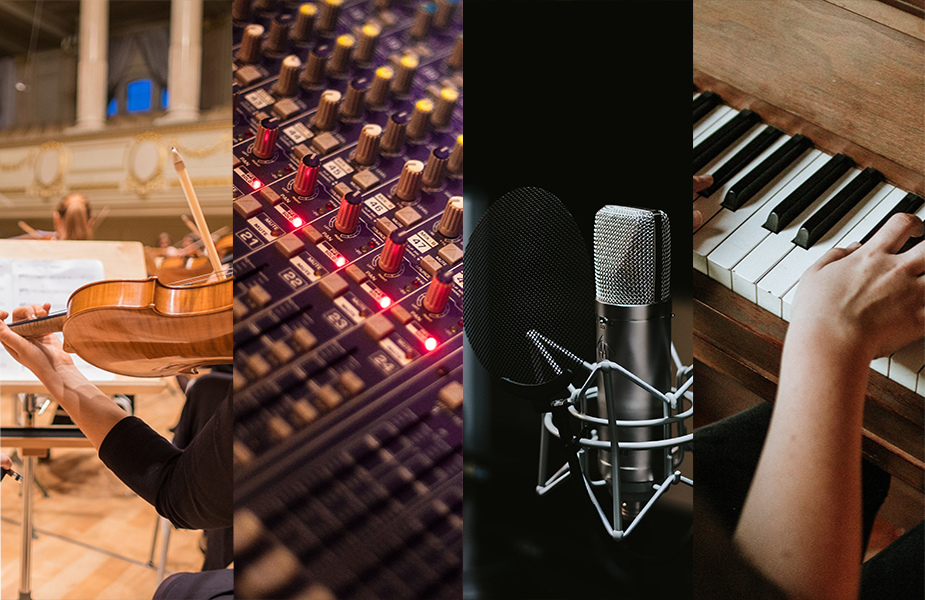
From Bach, Mozart and Beethoven to Tchaikovsky, Wagner and Vivaldi, these are some of the greatest composers of all time. But can we name any of their female counterparts? Why is it that we’re not taught about women in the composing field? Or, is it more to do with a lack of women wanting to become a composer in the first place?
Whatever the reason, the imbalance between male and female composers is something that those in the industry are beginning to question and are striving to improve.
Head of production at BMGPM and Deep East Music, Sam Pake feels that the reason lies in both the nature of the job and an old-fashioned approach: “These days, you can rarely just be a composer. You have to be the recording engineer, the producer, the mixing engineer, and more. These are all very technical roles that traditionally women have not been encouraged to take.”
“On another note,” she adds, “A lot of the female composers I’m aware of are primarily vocalists – I wonder if this influences their writing, and whether they are therefore encouraged to move away from scoring and more towards songwriting.”
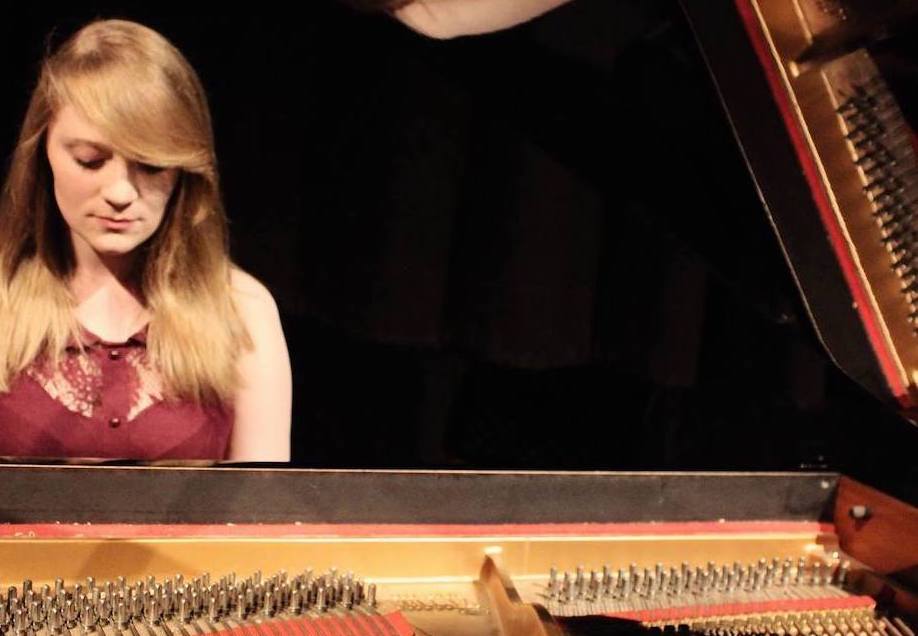
Sam Pake, head of production at BMGPM and Deep East Music
It seems that many women in the industry are being taught a very narrow view of the scope of options available to them. British composer Joni Fuller first trained as a singer-songwriter and always felt there was something missing. “I loved writing and producing music but struggled with other aspects of being a singer-songwriter,” she says. “I disliked interviews and photoshoots, and I was often told by industry professionals that I didn't have a strong enough image or social media presence.”
A testament to Sam’s concerns, Joni reveals that “I was often paired up with producers and asked to co-write. Despite vocally expressing discomfort with this, I was made to feel that my work didn't have merit unless it was enhanced by other writers and producers - who always happened to be male.”
She continues: “To this day, I frequently feel a sense of imposter syndrome when I take on new projects, fearing that I don't deserve the opportunities that come to me. I often wonder how much of this can be attributed to subconscious barriers built up over years of feeling inadequate as an individual.”
It wasn’t until a chance meeting with a TV composer that Joni considered composing as a career path for her. “Hearing first-hand about his career, I had a huge lightbulb moment and realised that this was exactly where I saw myself fitting as a musician. He was extremely supportive and gave me back my confidence in my abilities.”
In agreement with Sam, Joni also notes that, “In today's world of composers, the ability to write and record music is interdependent. From my experience, we are still in a place in society where people are often surprised when women are able to engineer and produce their own works. Stereotypically, women are not associated with these roles, which has resulted in a very small pool of technically skilled female composers in comparison to their male equivalents.”
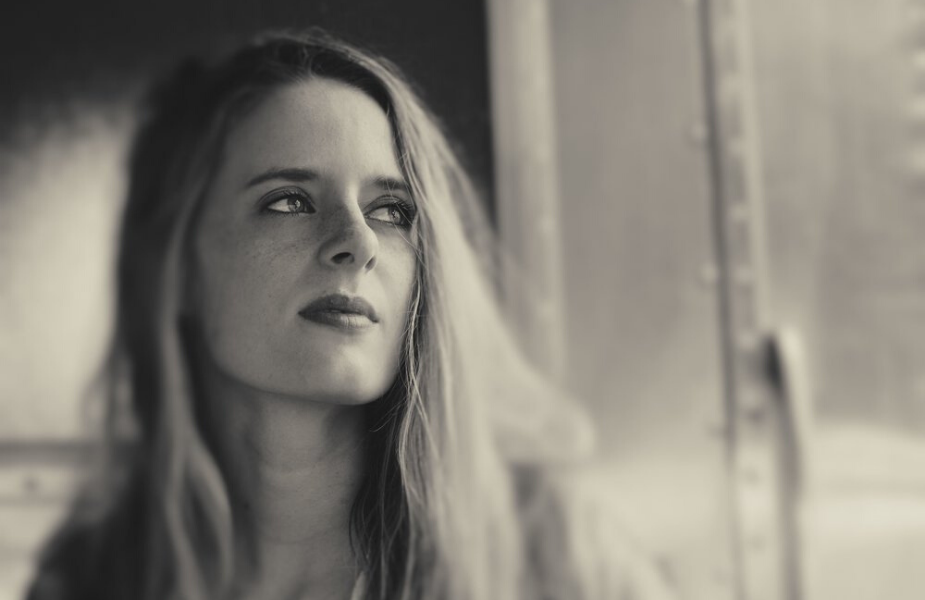
Joni Fuller, composer
IFMCA Breakthrough Composer of 2020 and BAFTA Breakthrough Brit, Nainita Desai has faced many challenges as a female composer herself, stating that “clients tend to put you in a box creatively and as a woman I’ve had instances where they think I can’t write action music or am too sensitive to handle ‘male’ genres such as war, action or horror.”
She also believes that outdated stereotypes have a part to play in the imbalance: “Traditionally, composing has been a male dominated area. Part of that has been due to technology. You need to be savvy with computers, music engineering, software, programming - all things that have historically been male roles. At university-level those types of courses simply didn’t attract women and therefore the culture in recording studios was very male-dominated. Thankfully this is now changing as more and more women are being taught that they can have these skills too.”
Director of marketing and promotions at Deep East Music (UK & International), Yoly Cush thinks a big part of the current problem is the lack of exposure that female composers get. “If you search for composers on Google and scroll through the images from Bach to Purcell, you won’t see any female composers listed – you have to specifically search ‘female composers’ to find them,” she points out. “In my opinion, the issue isn’t necessarily a lack of female composers, but a lack of visibility. Take Sandi Toksvig’s campaign to rebalance Wikipedia - where 9% of the entries are about women, in comparison to 90% about men. But visibility shouldn’t just be limited to female leaders either, but across the entire swathe of our industry, giving the next generation sight – and choice – about where they may go.”
A Proactive Approach
“On my course there was a clear gender imbalance,” Sam acknowledges. “It would be great to see more young women coming into the industry through composition/production courses by generating awareness that this is a viable career path for women as early as possible – in school, at college and at university.”
But the problem does not end there. “It’s a tricky one because traditional composition courses tend to either not include these tech modules or they’re not mandatory - so we’re getting graduates who aren’t prepared for the industry,” Sam says. “It’s a bit of a gap that nobody really tells you about.”
“You don’t need to spend loads of money on all the software or studio set-up in order to learn these skills though. A lot of university and college courses offer studio spaces which you can take advantage of,” she adds. “Take extra modules where you can, do work experience, and learn in your own time through resources such as YouTube.”
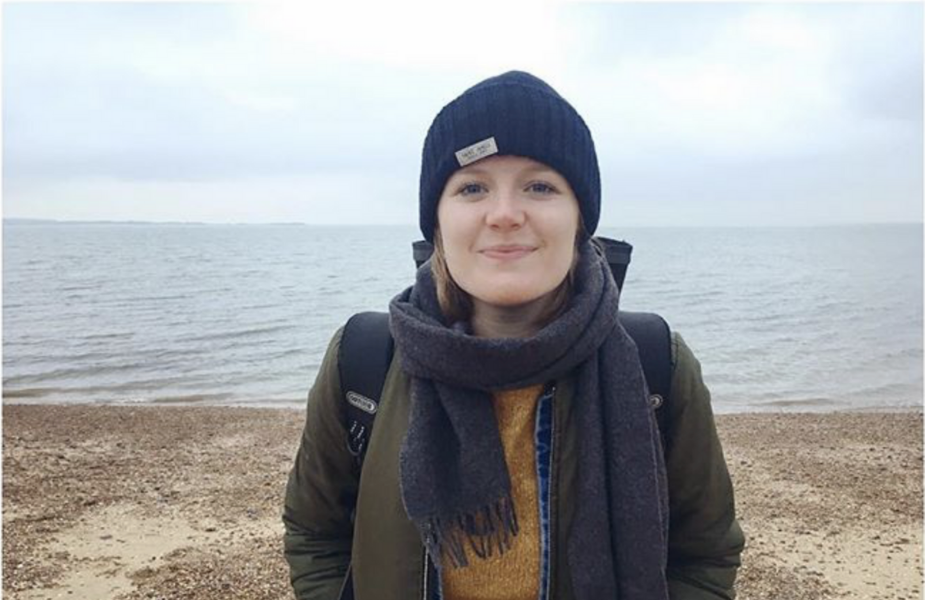
Yoly Cush, director of marketing and promotions at Deep East Music
Yoly adds: “Generally in education children aren’t taught about the nuances of the working world – the roles that make up the fabric of every industry. Talent alone isn’t enough for somebody to succeed; there are a multitude of skills that need to be nurtured alongside this, from the social to the technical, and from an early age. Unfortunately, music - along with the ‘Arts’ - is losing funding within mainstream education and therefore potential isn’t being fully explored. My mum owns a music school in Birmingham for children from all backgrounds and without people like her to inspire tots from the moment they pick up an egg-shaker, the future won’t be diverse!”
“As well as accessibility to workshops, talks and support groups, I think that an increase in female role models is essential to redressing the balance as quickly as possible,” Joni continues. “Role models are incredibly important for young people, and we often carve out our early identities as musicians by aspiring to the career paths of those we admire. Personally, I was hugely influenced by a long list of female singer-songwriters throughout my teenage years (Tori Amos, Alanis Morissette, and Fiona Apple to name but a few) and on reflection, I think that my fixation on these artists played a large role in directing my early musical journey.”
She recollects: “Watching Hildur Guðnadóttir receive her Oscar for Best Original Score last month felt like a huge milestone, and I really hope that increasing mainstream exposure for female composers will allow young girls to feel encouraged that there is a place for them in this industry too.”
“I had almost no female composer role models when I started,” reveals Nainita, “But I did admire artists that pushed the boundaries of creativity such as Laurie Anderson and Kate Bush. Every year I meet more and more inspiring women at conferences, events, and universities who are feisty and determined to improve things.”
“For me personally, I have been fortunate to have female role models throughout my career, mainly from my female peers and from the artists that I grew up listening to,” says Yoly. “Marin Alsop, although not a composer per se, has been a phenomenal beacon and advocate for women in music. Not only is she one of the most gifted conductors in history, she is also a staunch protector of education. However, when young girls look up, there are far fewer female versions of the people they may want to become in the spotlight – the scope is predominantly limited to men.”
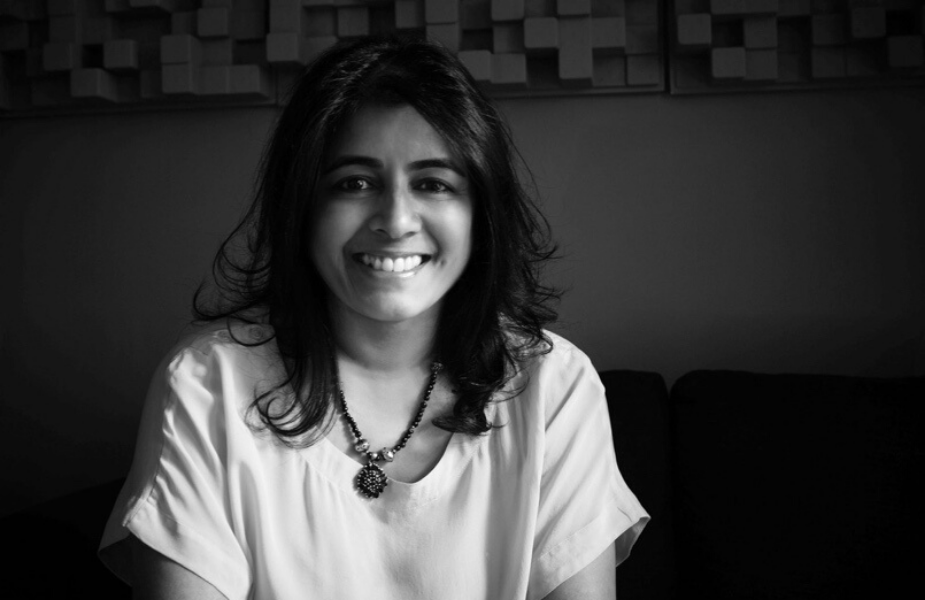
Nainita Desai, composer
“It is definitely discouraging in some ways,” Sam agrees, “Although things are changing for the better and more and more extraordinary women are getting recognised in the industry. You could also see the lack of role models as an invitation – instead of looking for a role model for yourself, go out and be someone else’s! Things are starting to move in the right direction, and there is better general awareness now than there’s ever been before. The only way is up!”
We’re In This Together
Year upon year, more positive steps are being taken as organisations, both big and small, join the cause. Yoly has been pleased to see that “mentorship schemes are now more readily available, aligning women together to encourage personal and professional growth. There are also far more platforms to access information and networks.”
Joni is part of Score A Score, a California-based music production, licensing and supervision company. “The team is passionate about increasing opportunities for women in music and actively seeks to increase its sync quota for female composers every year. I also attended female networking groups and meet-ups but I'd love to see more nationwide opportunities specifically available for female composers.”
Fellow composer Nainita also actively supports a number of collectives from WFTV and Primetime to Free the Work and AWFC. “Being a part of these organisations as well as social media forums and groups allows the female composing industry to band together and get their voices heard,” she says.
“Recruitment, at the most fundamental level, is also being challenged by its own prejudice,” Yoly adds. “Look at name-blind CV applications, so unconscious bias doesn’t happen.”
Nainita explains that “people are naturally biased towards wanting to employ those that look like them and that fit into their social circle, so the more diverse the voices the better it is for us all. Creating initiatives that promote employment of women right across the board, such as the quotas employed by the BFI work to improve the situation. Production companies and music agencies can promote the employment of more diverse creative storytellers, from directors and crew to cast, and of course, composers.”
She also highlights that “within the industry itself, awards should encourage a wider, more diverse make-up of voices which in turn can help encourage award-winning female writers who then become role models for a more diverse group of young talent. BIFA as part of their remit give their juries training to overcome their unconscious diversity bias which has had positive results in achieving much more diverse awards nominees.”
It’s the collective effort of these initiatives that is leading us to a better represented industry. But Nainita warns that this “can’t be a flash in the pan. We need to keep the momentum going in encouraging change.”
For Joni, the answer lies in how female talent can help themselves gain the recognition they deserve: “I strongly believe in the importance of engaging in all aspects of music production, and developing a well-rounded arsenal of knowledge and skills. Engrained social discrimination still exists, and while it shouldn't be necessary to be more informed and technically proficient than your male counterparts, in my experience it definitely helps.”
She continues: “As the issue of lacking female representation begins to receive more widespread attention, directors, production music houses and corporate agencies seem to be gradually taking note. In that sense, it feels like a great time to pursue a career in under-represented areas and be instrumental in the change you wish to see.”
Nainita offers a final note: “Nothing should discourage you from wanting to pursue a career in the industry. Perseverance, tenacity and hard work are key but never forget the strength in knowing your own worth. Have self-belief and use that confidence to help encourage and collaborate with your fellow ‘sisters’ - we need to pull each other up!”










